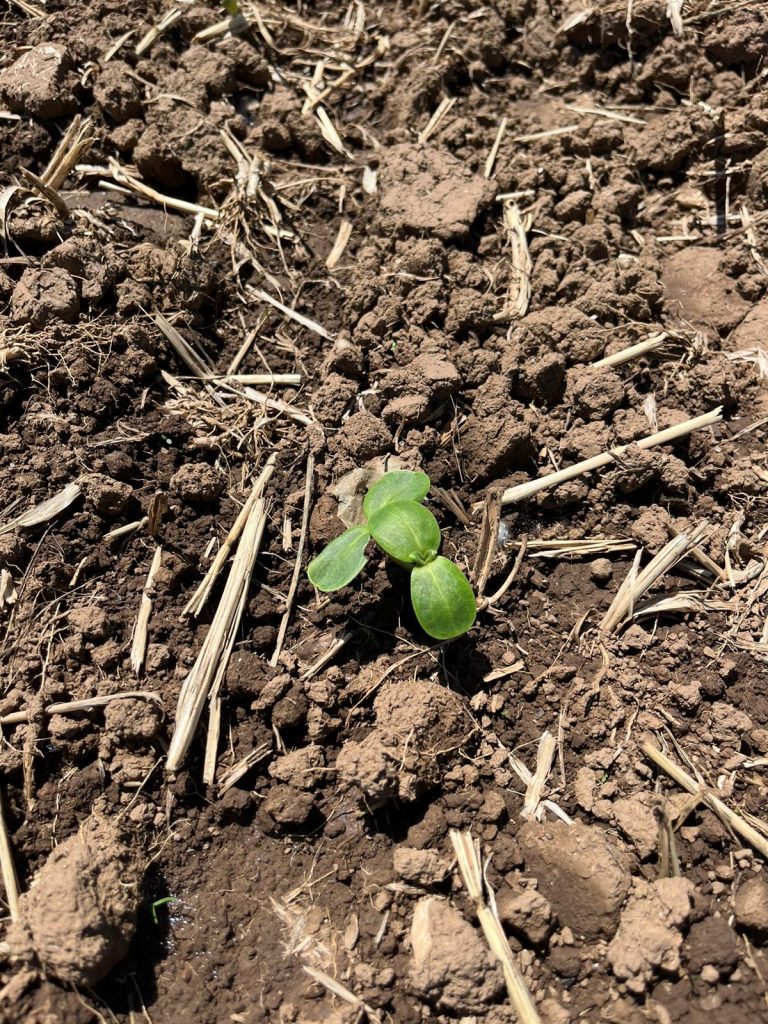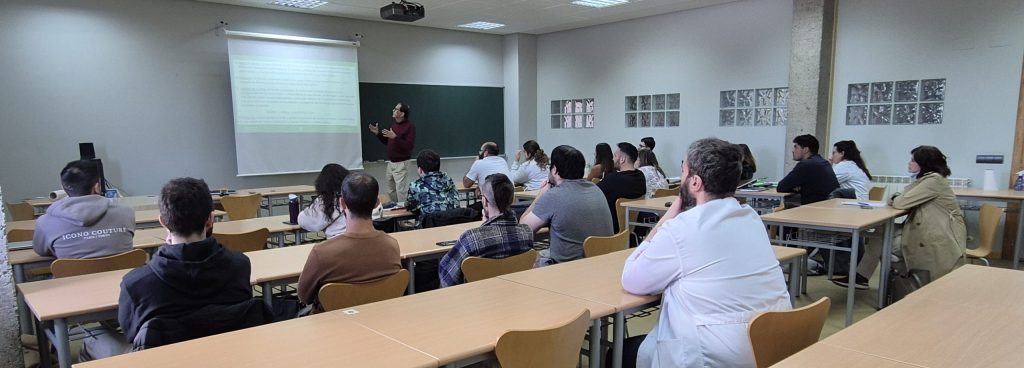PRESS RELEASE - 17 June 2024
The latest study from University of Leon presents indications that bio-based fertilisers can be as effective as conventional options.
In the study, experts from the European funded project B-Ferst examined plant growth under microcosm conditions and have assessed the effects on soil microbiome when using fertilisers derived from bio-based materials (BBMFs) such as ash, struvite and a patented chemical process.
The production of mineral fertilisers heavily relies on mineral deposits and energy-intensive processes. As such, it is crucial to develop secondary raw materials to replace the traditional sources of nitrogen, phosphorus, and potassium. Therefore, BBMFs stand to represent a viable alternative.
The findings from the new study are promising. BBMFs demonstrated comparable, if not superior, biomass production compared to conventional fertilisers, suggesting a slightly slower nutrient release rate. Additionally, the use of BBMFs modulated the soil bacterial community, increasing the abundance of beneficial, plant-growth-promoting bacteria (PGPRs). Importantly, there were no significant differences in the bacterial community composition between soils treated with conventional mineral fertilisers and those treated with BBMFs.
These results indicate that BBMFs, despite their slower nutrient release rate, perform similarly or even better than traditional fertilisers. Thus, bio-based fertilisers present a viable option for enhancing sustainability in the food chain and supporting Europe’s circular economy goals.
For more details on the study, please read the full scientific paper published in April: Fertilising maize with bio-based mineral fertilisers gives similar growth to conventional fertilisers and does not alter soil microbiome.



